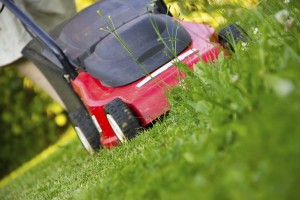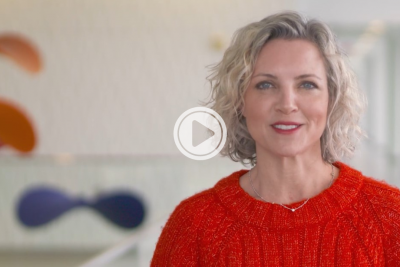 Nothing says summer more than the hum of the mower and the smell of a freshly cut lawn. Unfortunately, that also means a steady flow of children coming to ERs across the country with various lawn care related injuries.
Nothing says summer more than the hum of the mower and the smell of a freshly cut lawn. Unfortunately, that also means a steady flow of children coming to ERs across the country with various lawn care related injuries.
I fondly remember riding on the mower with my dad as a young child, steering, and later cutting on my own. When I think about it a little harder, I shudder. My parents did not know how dangerous such practices could be. Many parents don’t. After seeing what I have seen and seeing the horror in a parent’s face when these injuries occur, I am much more respectful of these machines. Will my child cut the lawn? Eventually, yes. But when he is ready. Until then, there will be no debates about it. “Stay away” is the #1 rule.
What dangers lurk in your yard/garage?
- The lawn mower: Every year, children are irreparably injured by lawn mower accidents. Both push mowers and riding mowers can easily run over the foot or leg of an excited child who runs up to a parent unexpectedly, or one who accidentally falls off a lap. Amputations of varying degrees are not uncommon. Children can also be injured when asked to operate equipment that they are not mentally or physically mature enough to handle. This may lead to self-inflicted accidental injuries. Additionally, children are at risk for long term hearing damage from repeated exposure to the loud engine noise.
- The weed whacker or edger: These common lawn care tools are notorious for throwing debris much farther than you might expect. They have guards to protect the user. This means that debris is being directed towards anyone else who might be in the vicinity. Little eyes are prime targets for such flying debris, as a child’s short stature places their heads directly in the path. Eye trauma is not uncommon and can be very serious, and even result in loss of sight. Protective eye wear should be a requirement for being anywhere near these machines.
- Pesticides and other chemicals: Children are at risk for accidental ingestion of pesticides and other dangerous substances. These chemicals can be absorbed through skin, swallowed, and sometimes even accidentally inhaled. Although there are many types, most all will cause some combination of change in mental functioning, headaches, vomiting, abdominal pain, skin irritation. They can cause coma and death. Low dose longer term exposure is associated with asthma, cognitive delay, and pediatric cancers. All chemicals you may use on your yard should be kept away from children, and children should be kept away from areas where pesticides are in use or have recently been used.
The EPA offers more information and advice on pesticides in your home here.
The American Academy of Pediatrics recommends the following safety tips for lawn mowing:
- Children should be at least 12 years old before they operate any lawn mower, and at least 16 years old for a ride-on mower.
- Children should never be passengers on ride-on mowers.
- Always wear sturdy shoes while mowing – not sandals.
- Young children should be at a safe distance from the area you are mowing.
- Pick up stones, toys and debris from the lawn to prevent injuries from flying objects.
- Use a mower with a control that stops it from moving forward if the handle is released.
- Never pull backward or mow in reverse unless absolutely necessary – carefully look for others behind you when you do.
- Always wear eye and hearing protection.





Comments